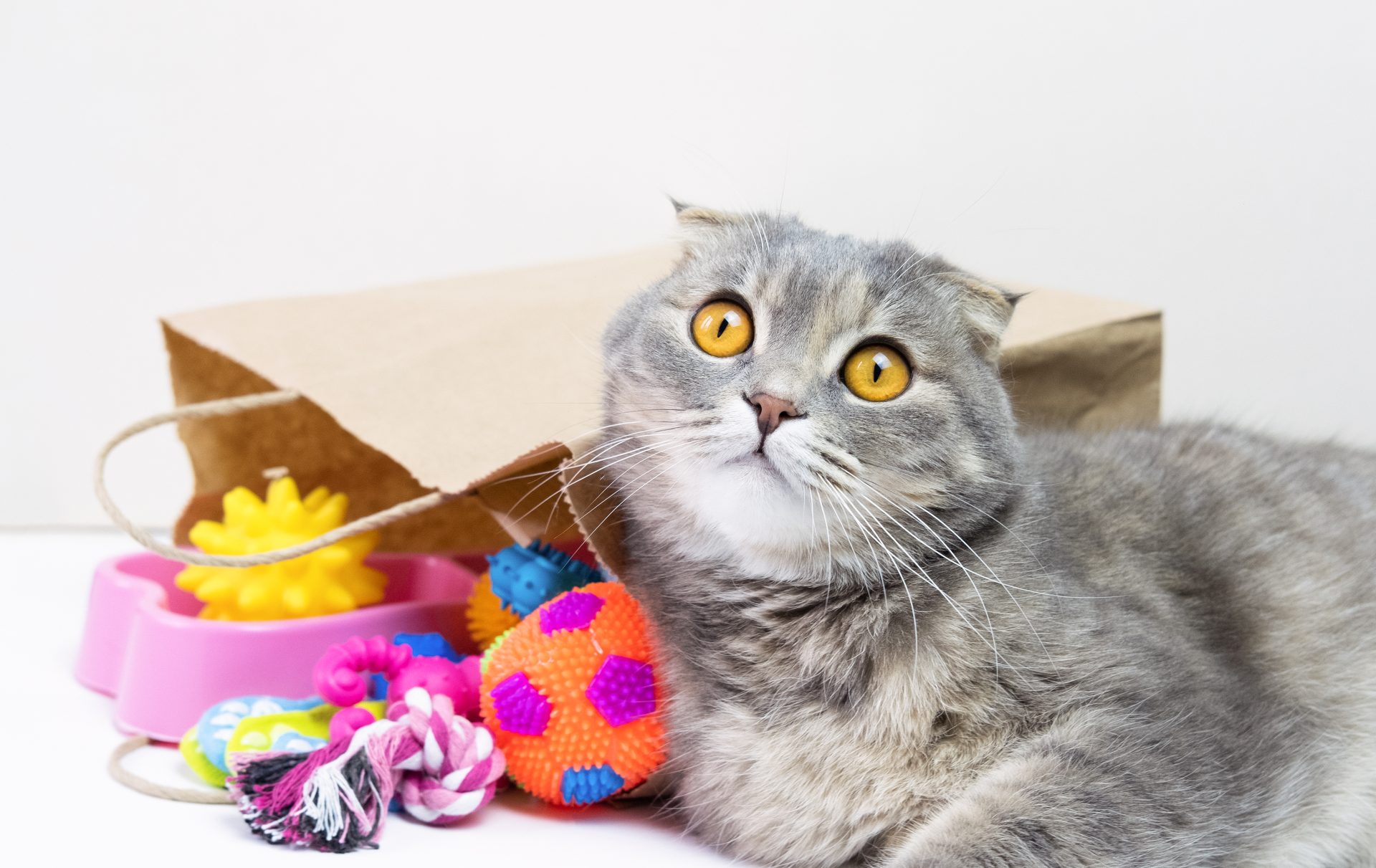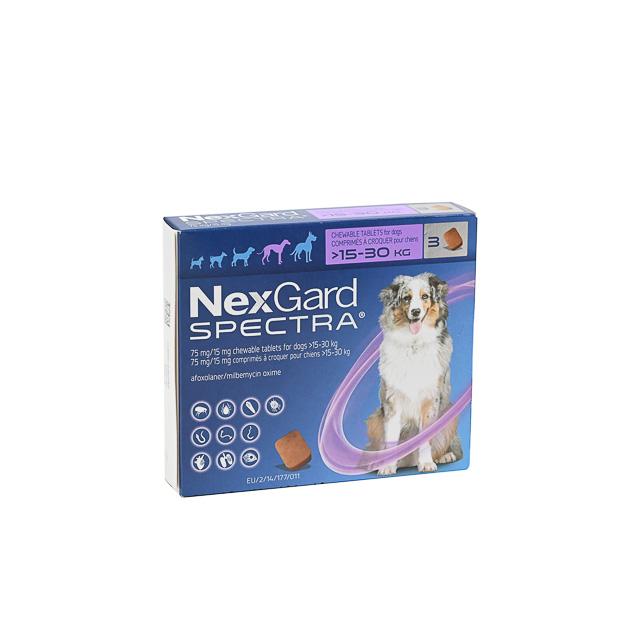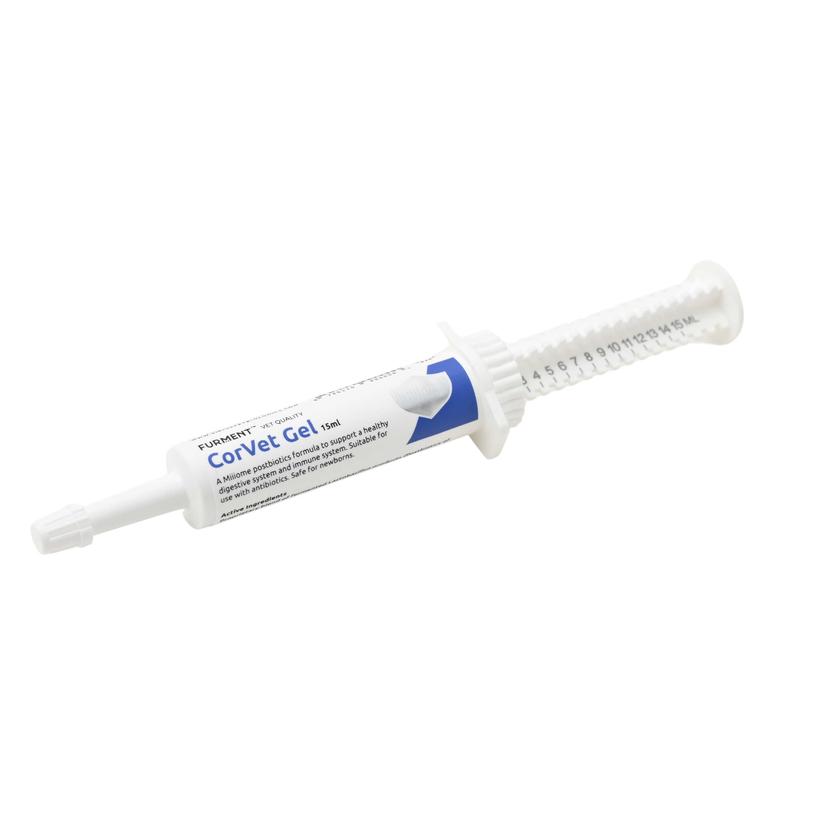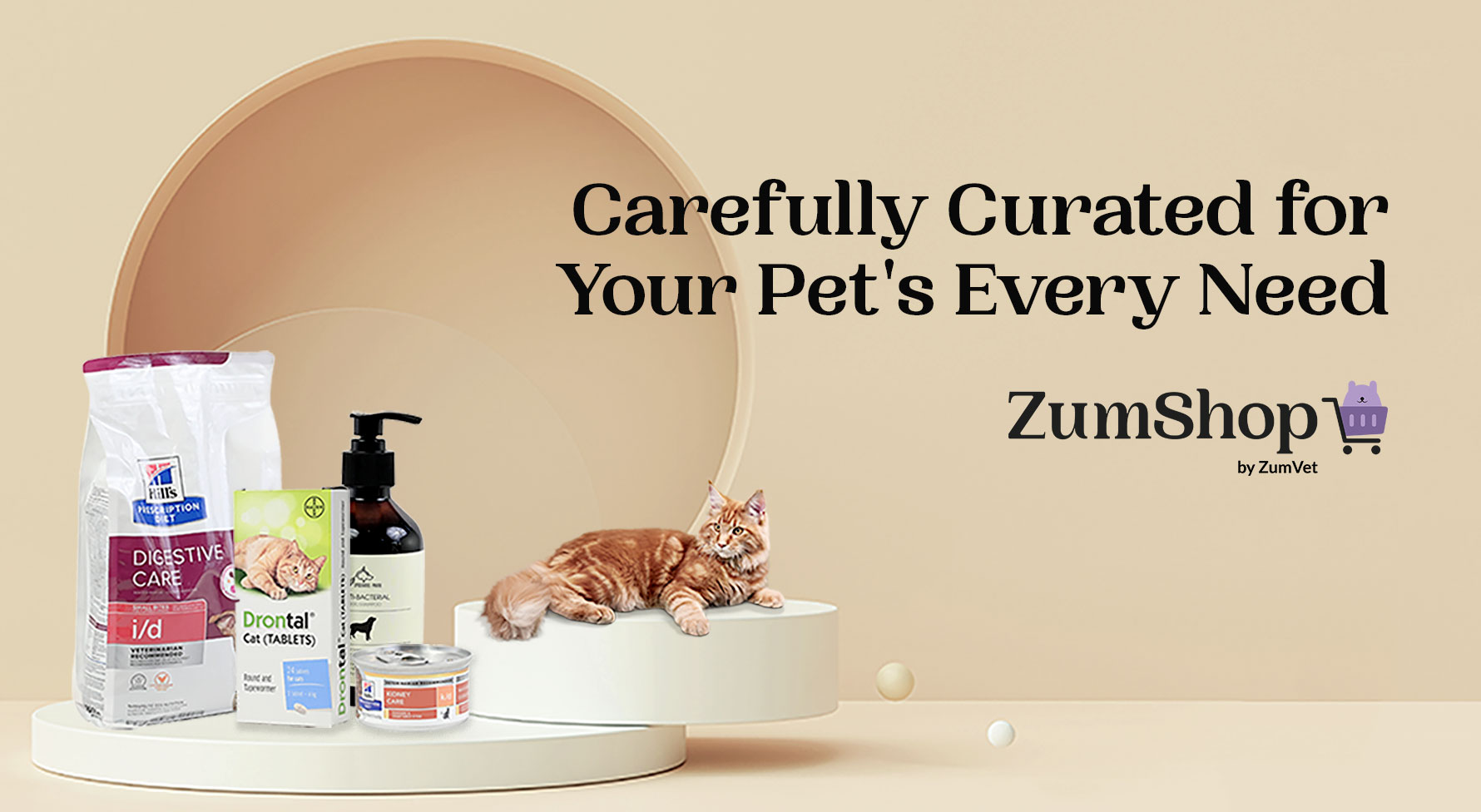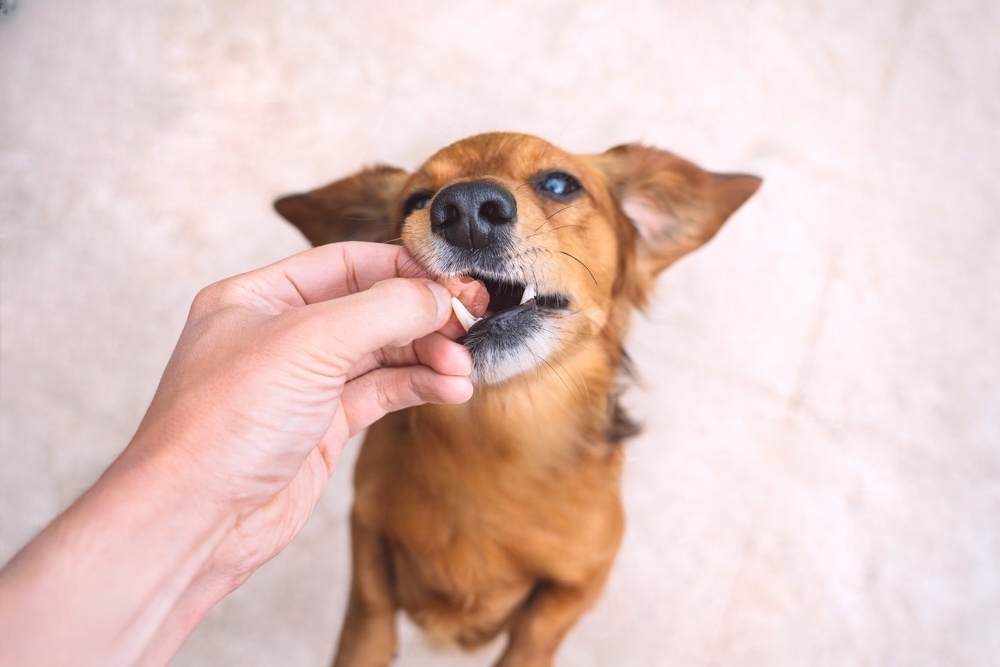Cats are fascinating creatures, and they have many unique behavioral traits that make them charming and lovable. Today, we will be talking about a peculiar habit that many cats display: the habit of hiding cat toys and small objects in random places. If you have a litter box at home, you may have noticed random toys and knick-knacks buried in there from time to time. At times, you may have found random toys and objects in your shoes as well. So if you have ever wondered, ‘Geez, why does my cat hide her toys ?’, we have the answers below.
Old habits die hard
Research has shown that domesticated cats have descended from wildcats. This would imply that many species-specific behaviors are common between your furry friend and wildcats. The act of hiding or burying specific objects is evident in wildcats. Wildcats will regularly bury food, bones and other objects in their natural surroundings. They usually display these behavioral traits for the following reasons.
- They don’t want anyone to steal their hunting prizes and/or food.
- They want to hide their scent, so that larger predators cannot find and track them.
- They want to refine their hunting and tracking skills, or they may do it to train their offspring.

Unlike wildcats, the survival of domesticated cats does not depend on these behavioral traits; however, these traits are hard to suppress, since they are genetically imprinted in domesticated cats. The following points highlight the reason why your furry friend may be mimicking their wild cousins.
- It may feel threatened by another pet or an unfamiliar human being, which could be triggering it to hide its possessions.
- It could be bored and hiding/burying toys could be a form of entertainment.
- It could be treating its toys like a litter of kittens and shifting them constantly to protect them.
- It could be looking for attention from you.
- It could be hiding its toys to keep them clean.
- It could be unwell.
The first three points should not be a cause for concern, as these are normal behavioral traits for cats. Just like humans, cats have acquired many traits from their wild ancestors and cousins, and no matter how well we train and domesticate them, their wild traits will manifest in some form through their routine habits. For pet owners, this is par for the course and nothing to worry about. That being said, there are certain red flags and hazards pet owners should keep in mind when it comes to felines hiding their cat toys.
Cats that hide their toys may turn into cat burglars

Cats are highly stimulated by the objects in their environment. If they get bored of their toys, they may resort to hoarding, and sometimes stealing, small household items from their surroundings and stashing them in their hiding areas.
This could be a tactic for attention, play, and/or food, or sometimes your feline companion is simply following its animal instincts. In most cases, this is not a very problematic issue for pet owners; however, it is advisable to cat-proof your house if your cat has a habit of hoarding household items.
This is because many household items, such as pins and plastic caps, can either create choking hazards for cats, or they could have harmful chemicals that could affect your cat’s health. It is not always possible to totally cat-proof a house, but pet owners still need to take necessary precautions and cat-proof their houses as much as possible.
Monitoring the health of your cat

Cats are adept at hiding their illnesses, and this can be problematic for pet-owners when it comes to obtaining suitable treatment for them. However, hiding objects such as cat toys could be a red flag, especially if it seems to be something out-of-the-ordinary. If you see any of the following telltale signs, please take your cat to a veterinarian immediately.
- Your cat may be sleeping with its hidden toys in a loafed-up position for extended periods of time.
- Your cat may be compulsively chewing on its toys and other small objects, which could be a sign of gum disease or Pica.
- Certain behavioral changes become evident, such as reduced appetite or increased vocalization.
At times, cats may not be satisfied with their eating schedules, hence they may resort to hiding toys and stealing objects to simulate the food-related behaviors of their wild cousins. Including satiating foods and following a professionally crafted diet plan for your cat could be possible solutions in this situation.
Alternatively, hiding toys may be a part of your cat’s playtime routine, and if it stops hiding its toys, it could be ill. If your cat stops hiding its toys and becomes despondent and lethargic, you need to schedule an appointment with your vet immediately.
Choosing the right toys for your cat

One important thing that pet owners need to keep in mind is that the toys that your cat plays with and hides need to be safe.
There are many interesting toys that you can buy for your furry friend; however, many of these toys can be hazardous, and they can cause harmful obstructions if they are ingested. If your cat is regularly hiding toys that have elastic elements or rough edges that can create choking hazards, they need to be thrown away immediately.
The following checklist can be used to select the right toys for your furry friend:
- Cat toys should be soft, but they should not be easy to tear.
- Cat toys should be large enough to prevent a choking hazard.
- Toys with Catnip can be helpful when it comes to relieving stress and anxiety for cats, but if you can’t find any of these, spraying your cat’s toys with Catnip spray could make it feel more relaxed and comfortable in its environment.
- Cat Toys should be age and size-appropriate.
- Puzzles can be great for cats, but you need to ensure that they don’t have any buttons or elastic elements that can create choking hazards.
- Cat toys with lead-based paints and a lot of plastic elements should be avoided. Try to select toys that are biodegradable.

Finding the right toys for your cat can be challenging at times. Luckily, at Zumshop, our e-commerce store, we have a wide selection of safe and environmentally friendly cat toys that will keep your furry friend healthy and happy.
At Zumvet, all our products are thoroughly vetted and reviewed by qualified professionals who directly work with pet owners to curate pet products that will tangibly improve your pet’s engagement levels and quality of life. The right toys will create a healthy, stimulating environment for your cat, and it will reduce its stress and anxiety levels.

In conclusion, hiding toys and objects is usually a normal part of every cat’s playtime routine, but if your cat is exhibiting abnormal behavioral tendencies that are related to hiding toys and random objects, you need to visit a vet immediately and get a check-up done for your cat. If you are looking for professional consultation services from licensed and qualified vets, contact Zumvet today to book an online consultation or schedule a house visit.
We hope you and your furry friend have a happy and healthy 2023. Cheers!


